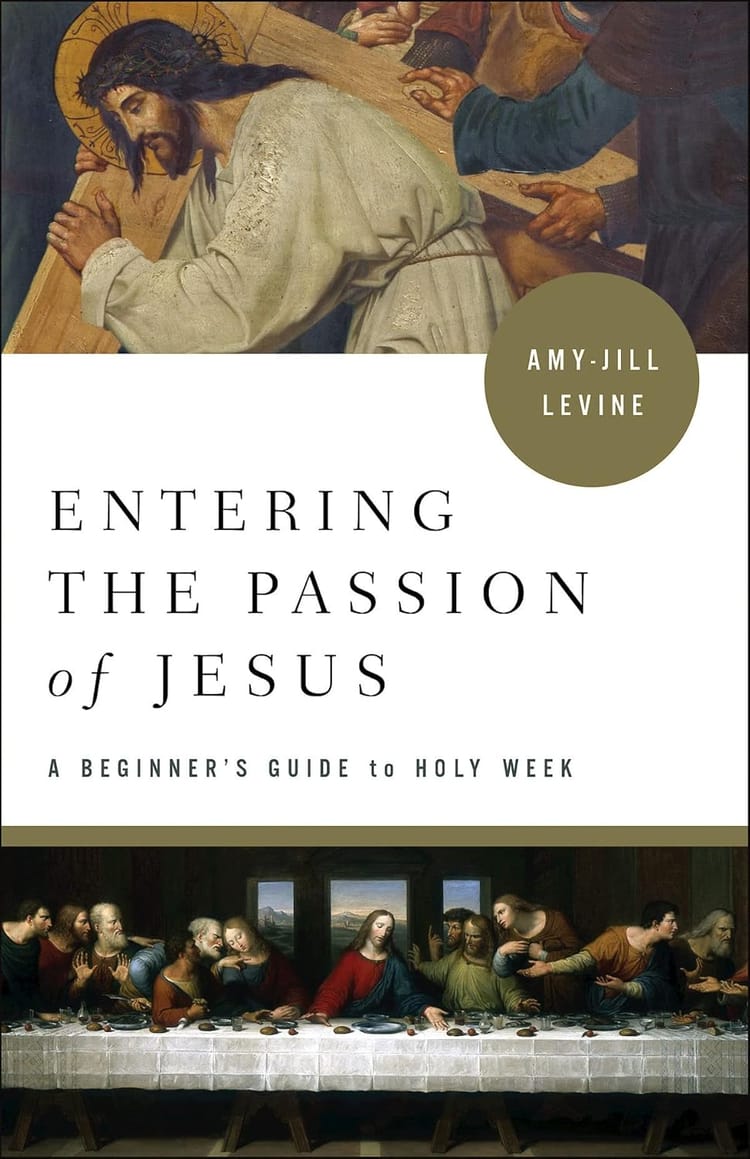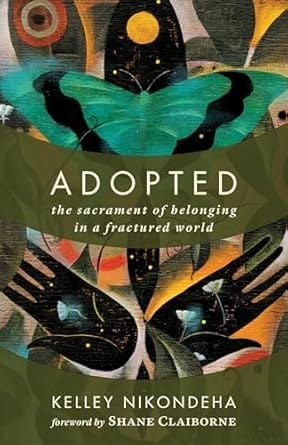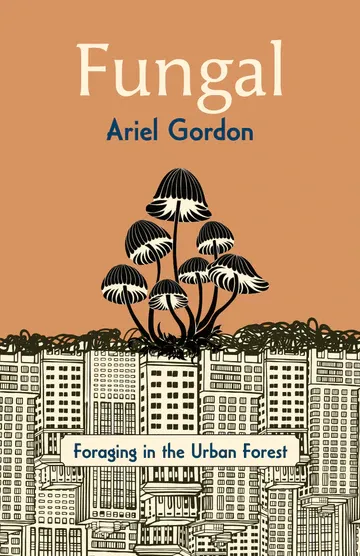Sabbath as Resistance

Often when a conversations turns to Sabbath, we Christians make it into an argument around civic laws and moral ideas: Shopping and buying liquor and gambling on Sundays. Or, if not debated in its legal framework, Sabbath is so often presented as a form of "self-care", taking time away from work for personal reasons dressed up in a christening gown. In Sabbath as Resistance: Saying No to the Culture of Now, Brueggemann takes up the commandment to observe Sabbath and pits it against the societal values of constant consumption, production, and the evils of exploitative labour, societal exclusivity, and the effects of this rapacious behaviour on all of creation.
Brueggemann guides the reader through several examinations of the concept of Sabbath. He begins by putting it in the context of the first commandment, then in relationship to anxiety, coercion, exclusivism, multitasking, and finally the tenth commandment, with each of these pairings receiving its own chapter. In each chapter, with reference to the scripture of the Hebrew Bible, Brueggemann demonstrates very capably how the commandment to practice Sabbath is not only about maintaining an ancient, divine law, but is also the starting point for addressing so many of the ills that plague us today.
The commandment to hold no other gods before the God of Israel perhaps exists in part because God's motives and means of operation are so different from the gods of empire which surround ancient Israel. The driving forces of empire are consumption, leading to acquisition, leading to expansion, leading to violence of all kinds. The God of Israel is not interested in endless consumption or expansion, but rather is a god which prioritizes mercy, love, and faithful adherence to covenant. In much of the discourse about the honoring of gods and systems of governance, Egypt is cited as the opposition to Israel. This certainly follows through the Exodus story but is probably best understood, says Brueggemann, with Egypt as a stand-in for all the powers of empire in the ancient east Mediterranean region. In relationship to these imperial systems of consumption and the oppression that spring from them, the people of Israel are freed in their flight across the Red Sea. Brueggemann suggests that for us, today, the liberating response is not a geographical one, but is "emotional, liturgical, and economic."
Setting aside an entire day where no work is to be done is not a performative act. It is a bodily testimony to the power of God and an act of resistance to the forces of consumption, anxiety, and the death and sin that spring from them. Bruggemann reminds the reader that when God rests in the creation story, it is a total rest. There is no popping into the office for a moment, no calling in to check on things. To rest means to truly dedicate the time to something other than consumption, production, and the endless anxiety that such a system creates.
If we are wrapped up in the anxiety generated by an endless cycle of consumption and production, we lose track of our God-given attunement to the rhythms of creation around us. We see the harsh winter weather as an obstacle to work, rather than a part of God's ordered rhythms which give us the opportunity to rest, reflect, tell stories, and to simply be rather than focus all of our selves on doing. So often we do for doing's sake, in response to the anxiety of Pharaoh's system in which we live.
Of great interest in Bruggemann's suggestion that faithful observance of Sabbath also institutes equality. On a day when work cannot be done, so many of the differences we create between ourselves and our neighbour are no longer important. If work is an impossibility, then the factory owner and worker, the emperor and the pauper, every person is equal because all are at rest. This section put me in mind of Tricia Hersey's Nap Ministry and her new book Rest is Resistance: A Manifesto.
Brueggemann spends an entire chapter on the idea of multitasking, or performing the Sabbath without truly observing it. If we are at rest but demand that others work for us on that day, then we are not keeping a whole Sabbath observance. Sabbath is a rest from all work, not just the work we might do ourselves. In the same way, spending the Sabbath without working - or demanding it of others - but watching the clock and counting the minutes until work and commerce can resume is not a sabbath. It is an anxiety-ridden existence entirely against the spirit of Sabbath-keeping.
Ignoring the commandment to keep Sabbath, and to keep it truly, can lead to a numbness to the plight of our neighbour. If we live in a time of excess with opportunity for indulgence, we seek only to hoard more. Not because we need more, but because we can hoard. Pharaoh's demands for more and more bricks of the enslaved Israelites are in service to his own displays of wealth and vanity. Buildings granaries to store his abundance of grain, or building a monument to his own reputation. The Pharaoh's demands are never satisified and, in the same way, neither is the rampant consumerism of the twenty-first century West. We consume for consumption's sake and, to feed this endless appetite, we have ruined the earth and enslaved our neighbours. The Sabbath is the antithesis of this kind of covetousness, coveting our neighbour's resources and even their labour. The Sabbath is a time set aside, not to consume, not to produce, but to simply be as we were created.
This short book is an excellent study of the importance of Sabbath-keeping as it applies to our relationships and to economic realities, rather than as a form of self-care or as an argument about legalities. I would highly recommend this book for anyone working to reconcile their faith to the economy in which we live in the West. It has often been said that there is no ethical consumption under capitalism. I think Christians might better understand this as a struggle with participating in an economic system that is inherently sinful. Where there is no way to obtain the necessities of life without participating, at least in part, in the exploitation of someone else. While the observance of Sabbath would not solve this problem entirely, it may be a partial response that makes a statement about a different set of priorities than the anxious, death-ridden cycle of consumption and production.





